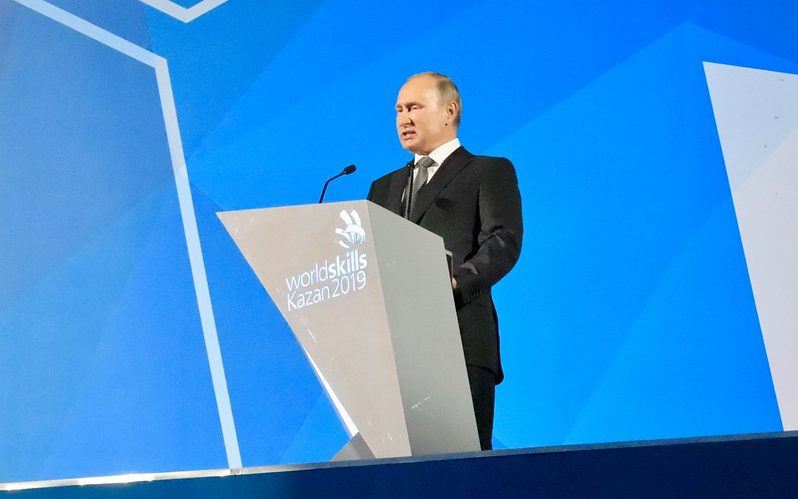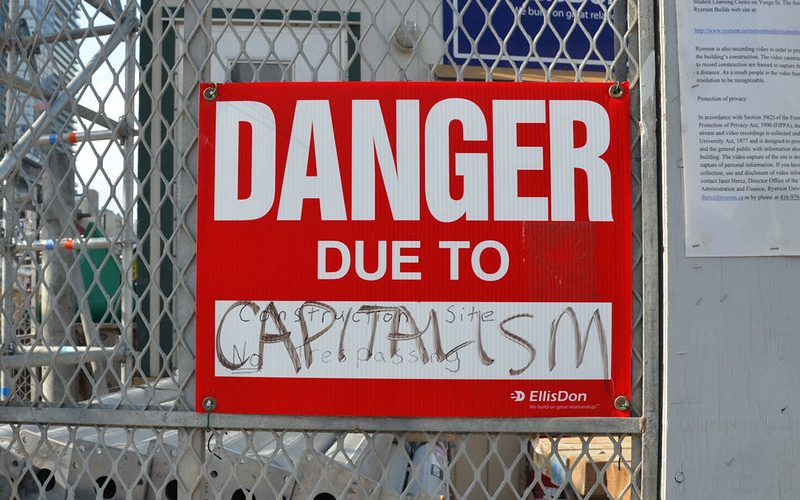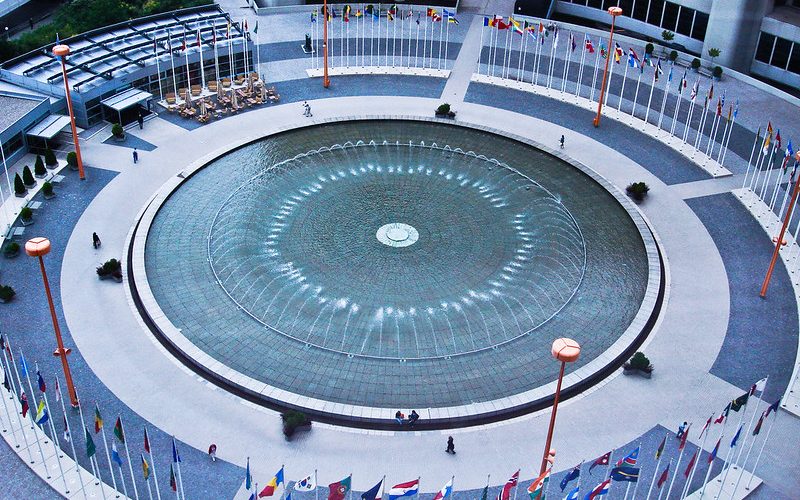
Why does Vladimir Putin’s regime perceive liberalism as a threat?
The power of Putin’s regime lies in one person. Redistribution of power in Russia has disappeared since 1993 when Yeltsin destroyed the Russian Parliament. Putin has completed this process: he has eliminated all independent centres of power. He managed to take power into his own hands. From today’s point of view, Putin’s regime is very interesting. Putin’s rule shares no similarities with other authoritarian regimes, it has its own tactics.

Towards a New End of the World?
The end of history and the predominance of capitalism and liberal democracy, resulting in the end of ideological fights, was believed to favor people’s well-being. With the fall of socialism, a new system has risen, neo-liberalism, which had overthrown liberalism and conquered the world. Liberty, equality, fraternity were replaced by profit margins.

Can we distinguish the “global” from the “international”?
The second World War’s devastation and consequent nuclear threat prompted Western sovereign states to move towards cooperation, leading to the rise of liberalism as a different interpretation of international relations. Institutions such as the UN, the EU, the NATO or the World Bank all shared the necessity of reforming the international towards a more global dimension. Although “international” and “global” are two distinct concepts with different contextual backgrounds, they keep influencing one another and are both present in today’s world.

